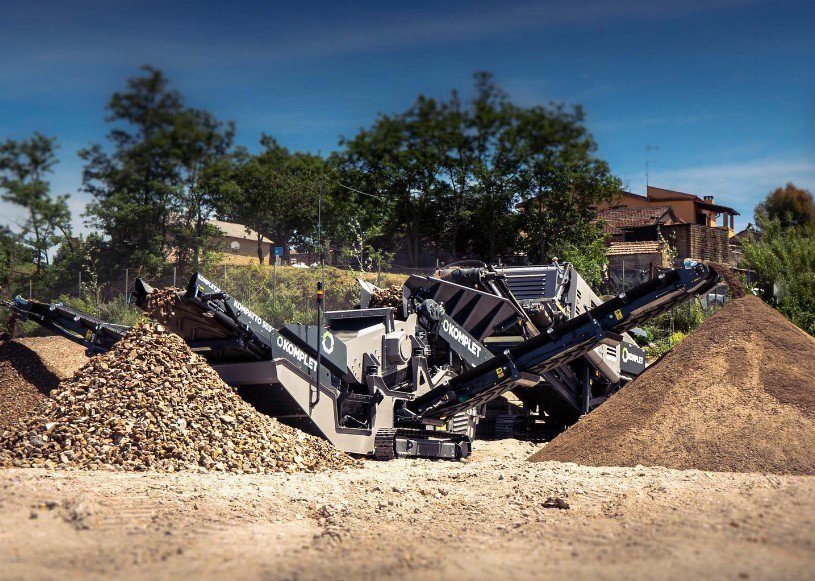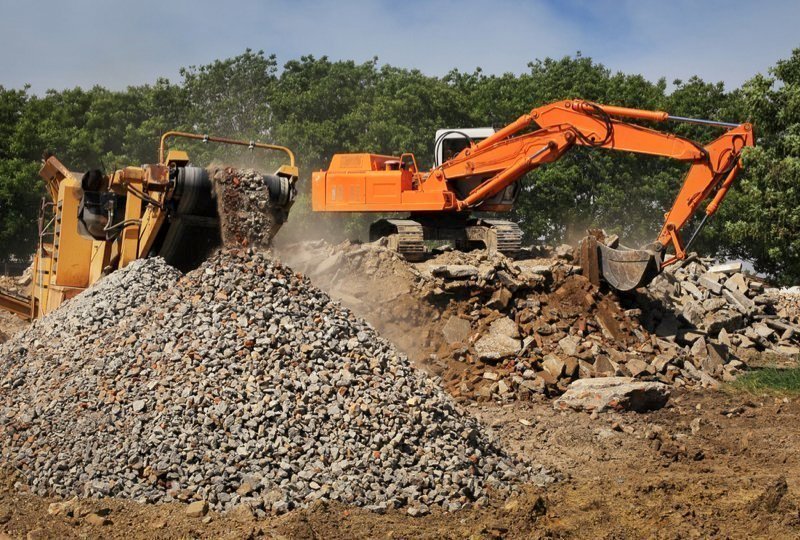Pros and Cons of Using Crushed Concrete in Construction Projects
Crushed concrete, the recycled product of demolished buildings and pavements, is gaining traction in construction projects.
While it offers environmental benefits by diverting waste from landfills, using crushed concrete comes with its advantages and disadvantages.
Let’s weigh the pros and cons to help you decide if it’s the right choice for your project.
Pros:
- Eco-friendly: Crushed concrete diverts waste from landfills, conserving natural resources and reducing the environmental impact of construction.
- Cost-effective: In most cases, crushed concrete is significantly cheaper than purchasing virgin aggregates like crushed rock or gravel.
- Readily available: Crushed concrete is often readily available locally, reducing transportation costs and emissions.
- Durable: Crushed concrete possesses similar strength and durability properties as virgin aggregates, making it suitable for various applications.
- Permeable: Crushed concrete provides good drainage, which can be beneficial for certain applications like base layers or sub-bases.

Cons:
- Variability: Crushed concrete can vary significantly in size, shape, and quality depending on its source. This inconsistency might require additional processing or sorting for specific uses.
- Limited availability: While readily available in many areas, the supply of crushed concrete can be unpredictable compared to readily quarried virgin aggregates.
- Contamination risk: Crushed concrete might contain remnants of materials like asphalt, metal, or wood, requiring careful inspection and removal to avoid compromising the structural integrity of the project.
- Dust generation: Crushing and handling crushed concrete can generate significant dust, posing potential health and environmental concerns. Dust mitigation measures may be necessary.
- Aesthetics: Crushed concrete often has a less uniform appearance compared to virgin aggregates, which might be a concern for projects where aesthetics are important.

The Verdict:
Using crushed concrete in construction projects can be a responsible and cost-effective choice, but it’s not without its challenges.
Carefully consider the specific needs of your project and weigh the pros and cons based on your priorities – environmental impact, cost, availability, and desired finish.
Consulting with engineers and material suppliers can also be beneficial to determine if crushed concrete is suitable for your specific application.
Remember, choosing sustainable construction practices requires careful evaluation and a balanced approach that considers both environmental benefits and project requirements.
